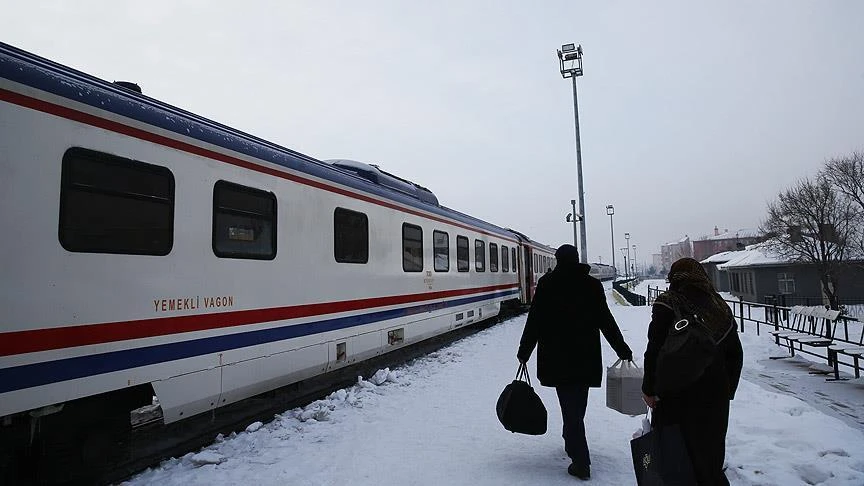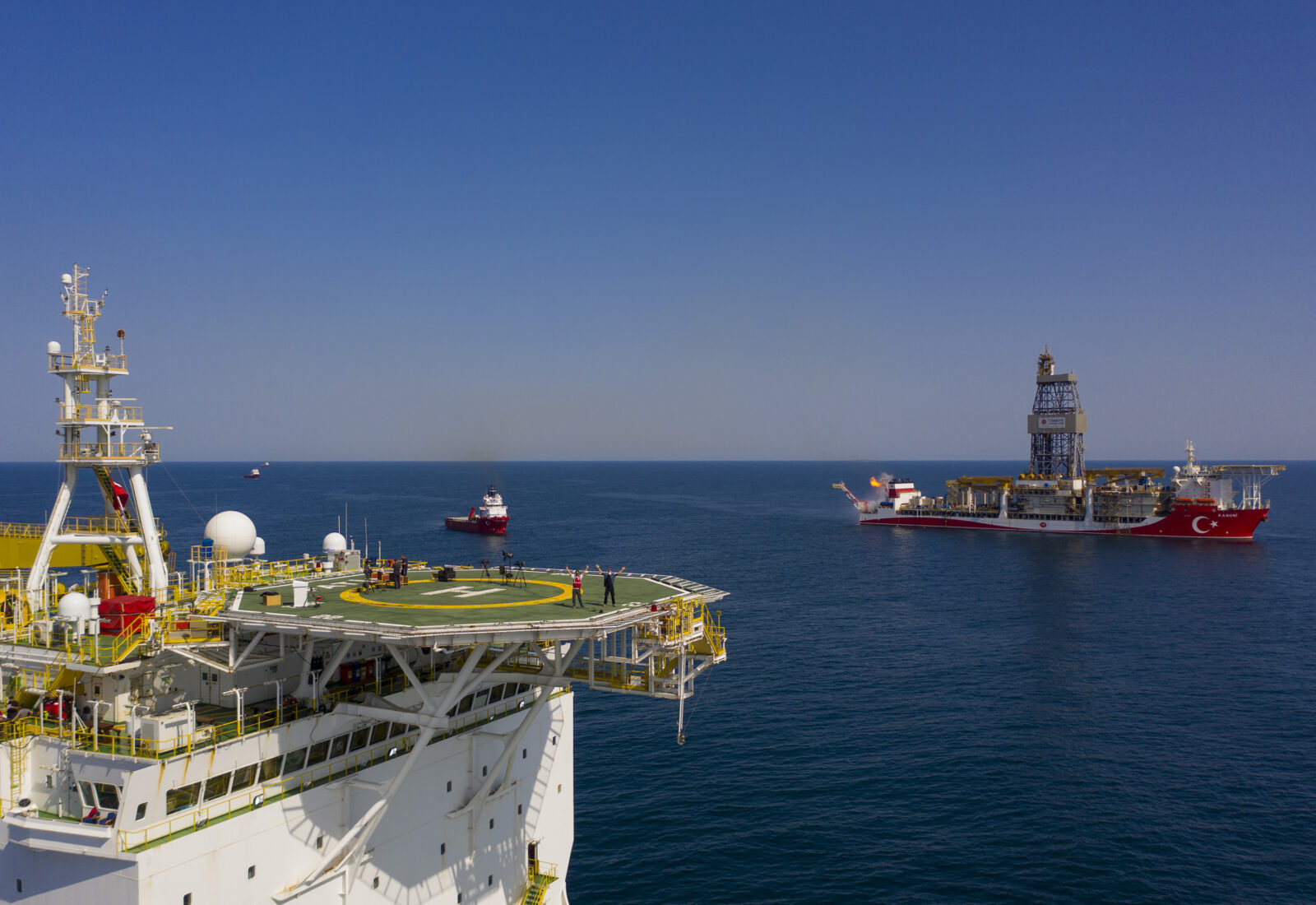Türkiye to invest $70 billion in railways over the next 30 years
 Picture shows the express train from Istanbul to the Bulgarian capital of Sofia after about a nine and a half hour journey. (AA Photo)
Picture shows the express train from Istanbul to the Bulgarian capital of Sofia after about a nine and a half hour journey. (AA Photo)
Minister of Treasury and Finance Mehmet Simsek has revealed that Türkiye will prioritize railway infrastructure in the coming decades, with plans to invest $70 billion over the next 25-30 years. This strategic focus aims to enhance the nation’s competitiveness and reduce its carbon footprint by improving transportation logistics, including linking organized industrial zones with ports.
Speaking at the Global Leaders Summit, Simsek highlighted that Türkiye has already made significant investments in roads, airports, and seaports, but now the emphasis has shifted to railways. “Our sole priority in transportation is now railways,” Simsek stated.
Economic reforms and inflation outlook
Simsek also provided updates on Türkiye’s medium-term economic program, noting that inflation expectations have improved significantly. “In October, market participants expected 12-month inflation to be 45.3%. Today, that expectation is 27.5%,” Simsek said. He expressed confidence that as Türkiye meets its economic targets, inflation expectations will continue to improve.

Structural reforms and focus on human capital
The finance minister discussed Türkiye’s progress on structural reforms, highlighting the importance of human capital development as a key priority. “Improving the quality of education, enhancing skills, and promoting vocational training are critical components of our reform agenda,” Simsek explained.
He also emphasized the importance of improving productivity through reforms in sectors such as energy, agriculture, and transportation, which he said would contribute to lowering inflation and boosting economic growth.

Commitment to green transformation
In addition to economic reforms, Simsek stressed the necessity of Türkiye’s green transformation, particularly in energy.
He revealed that Türkiye’s energy imports since 2003 have amounted to $905 billion and underscored the need for greater self-sufficiency in energy production. “If we achieve energy transformation, we can permanently reduce our current account deficit,” Simsek said, noting that renewable energy’s share in electricity generation has risen from 39% to 55% over the past two decades.



